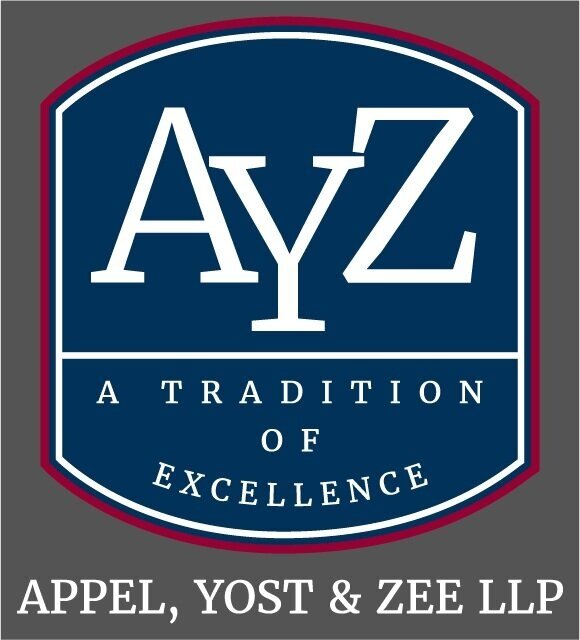Wrangling Over Pennsylvania’s New Special Education “Age-Out Plan” Continues
By William J. Zee & Michael W. Lewis
May 21, 2024
In response to a federal class action lawsuit last summer challenging Pennsylvania’s policy ending eligibility for special education services at age 21, the Pennsylvania Department of Education (PDE) agreed to revise its policy and issued guidance directing school districts in the Commonwealth to advise families that, beginning with the 2023-24 school year, services would be available to some students until age 22. The guidance was quickly challenged by the Pennsylvania School Boards Association (PSBA) and several school districts impacted by the new rule. The Commonwealth Court weighed in on the issue on Friday, deeming the new rule void and unenforceable. However, PDE has appealed the Court’s decision, meaning that the age 22 rule remains in place, at least for now…
The initial guidance provided by PDE included an interpretation of the Individuals with Disabilities in Education Act (IDEA) providing that students with disabilities may remain enrolled in public school until their 22nd birthday, instead of the end of the school term in which they turned 21 years of age. This amounted to an expansion of Section 1301 of the School Code and 11.2 of the State Board of Education regulations governing the maximum age for eligibility for public school services. PSBA and the challenging districts do not argue that the guidance is inconsistent with the IDEA, but rather, argued that PDE did not conform with the required rulemaking process under the Commonwealth Documents Law and Regulatory Review Act as it relates to the publishing of regulations.
While persuaded by the arguments regarding the deficiencies in the rulemaking process, the Court expressly took no position with respect to the Department’s interpretation of the IDEA itself and whether the IDEA requires an opportunity for students to be enrolled until reaching the age of 22. Rather, the Court held that the PSBA and the Commonwealth districts (1) pled an actual controversy, (2) properly asserted standing, (3) had not failed to exhaust their administrative remedies, and (4) had a clear right to relief, all of which led the Court to grant their application for summary relief.
On Monday, May 20, the Department appealed the Court’s decision to the Pennsylvania State Supreme Court. The Department’s position in their appeal is that the guidance, which “helps ensure students with disabilities receive services to which they are entitled,” is consistent with the IDEA. As a result of initiating this appeal, the Commonwealth Court’s decision on the guidance’s validity is stayed pending the resolution of the appeal or further order of the court. Solidifying its intent to ensure the expansion of eligibility through age 22, PDE noted that it “is committed to ensuring that every Pennsylvania student receives a high-quality education- and the Department’s position as it relates to IDEA, and guidance has not changed.”
Should you have any questions regarding PDE's policy, please do not hesitate to contact William Zee, Mike Lewis, or any of the attorneys in the Appel, Yost & Zee Education Law Group.
